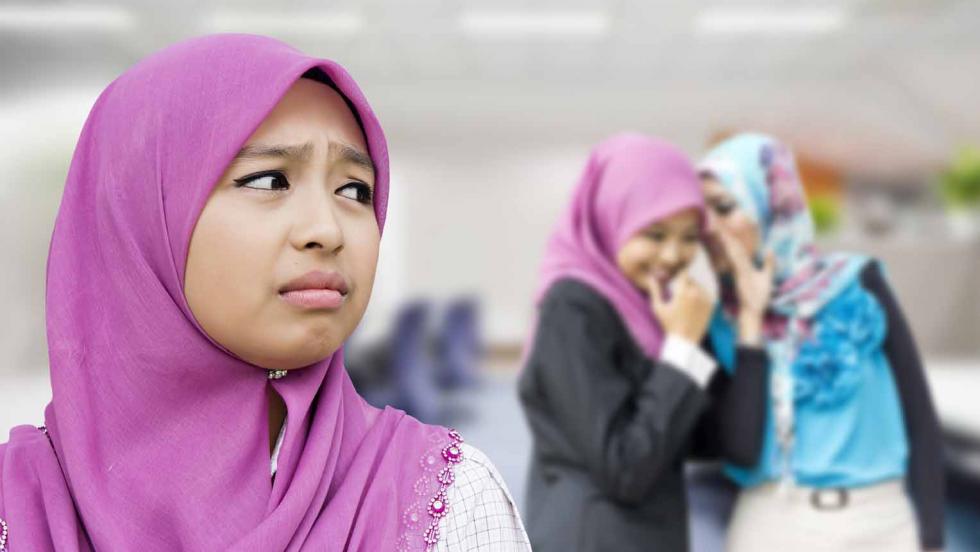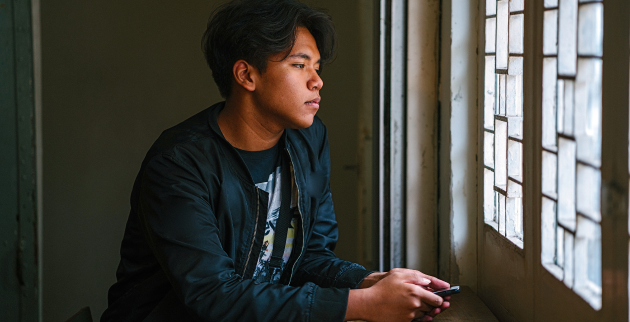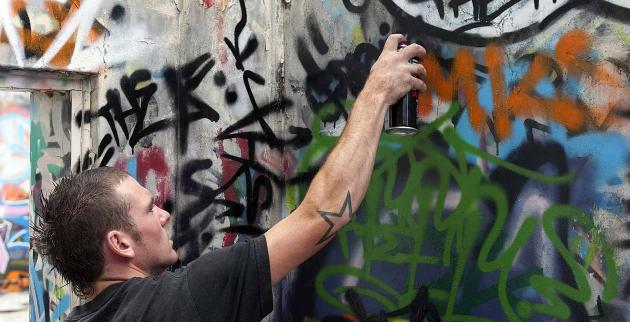Anti-bullying: why are some people bullies?

Bullying is happening, but why does it happen, and what can we do to stop it?
To stop bullying everyone needs to take action together. Everybody needs to know that bullying behaviour is unacceptable. To do this properly, everyone needs the knowledge and support to stop bullying.
This includes:
- The person doing the bullying and their friends, parents and supporters
- The person being bullied and their friends, parents and supporters
- Other people in the area, school or setting (sometimes called the peer group or bystanders)
- Adults who are looking after the children, like parents, teachers and other people working with children
Everyone needs to be supported and helped. This is the only way to stop bullying that works.
Crucial: Research shows that calling people bullies or victims does not help. It can even make behaviour worse, and suffering more painful. There are better outcomes when people are told that their bullying behaviour is unacceptable, and that they need to change.
Why do people bully?
People have excuses for why they bully. They might say things like, "I am unhappy" or "I have problems at home." While it is important to sort out problems, difficulties like this are not a reason for bullying others. Most young people who are unhappy or have problems at home do not bully other people.
They might also deny that what they are doing is bullying, saying "I'm just having fun" or "It's just banter". These young people may need support to understand the harm their behaviour does and learn better ways of having fun. But this must not distract from stopping the bullying.
People bully others for three main reasons:
- They feel threatened, stressed or anxious
- They have problems making friends
- They think they can get away with it
Every time someone bullies another person, these problems become worse, creating more stress and often more bullying.
Take action: Childline have lots of information on bullying, including how to deal with bullying, where you can access support, and ways to support your mental health.
Why are some people bullied and others not?
People can be bullied for any reason. Here are some examples:
- They may have an obvious vulnerability, like a disability, or a hidden vulnerability, like problems at home
- They have something the person doing the bullying is jealous of – a talent, for example, or nice things
- They won’t do what the person bullying them tells them to do, so bullying becomes a form of punishment
- They lack confidence and find it hard to stand up for themselves
But in most cases of bullying, there is no reason. The bullying behaviour is random or impulsive, and done without much thought about the other person.
Crucial: When people target another person because of a characteristic like gender, sexual orientation, race or cultural identity, this is not bullying. It is discrimination and is against the law.


